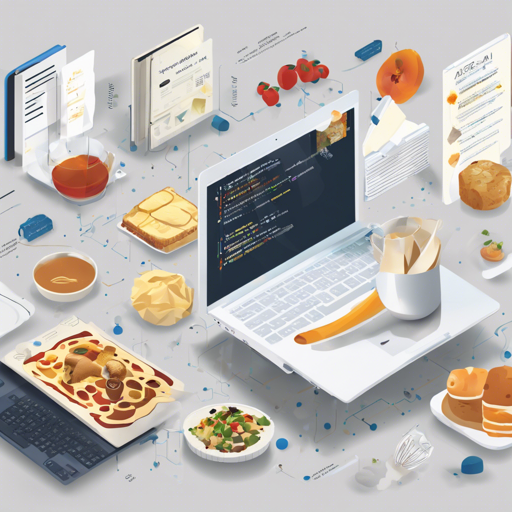Welcome to the universe of AI One Cookbook, where we blend creativity with systematic approaches to build effective applications. In this guide, we’ll walk you through the essentials you need to kickstart your journey using the templates and libraries provided. So, roll up your sleeves and let’s dive in!
Understanding the Core Principles
Before diving into practical steps, it’s crucial to grasp the two main principles guiding AI One Cookbook:
- Updateable Templates: Your projects are built on templates that allow for smooth updates with minimal disruption.
- Manageable Sharing: Code sharing is streamlined, ensuring that code updates don’t inadvertently break your existing functionality.
Updateable Templates in Detail
Think of templates like the blueprints of a house. When a new blueprint (template) is released that improves upon the old one, you should be able to make updates without having to tear down your entire house (userland code). Here’s how you can achieve that:
- Design: Place all userland code in a dedicated folder that the template won’t modify.
- Process: Clone the template to your machine, creating a remote branch called “upstream” to keep track of the latest changes. You can then merge the changes into your origin branch.
Manageable Sharing Explained
Imagine sharing a recipe among different chefs. If one chef decides to tweak the recipe (update the shared code), the others should still be able to cook from the original version without tasting any mishaps. The strategies for this include:
- Keep shared libraries isolated and versioned.
- Energy efficiency: Utilize a last-known-good version before making updates.
- Avoid inter-nested dependencies and focus on reducing technical debt.
General Requirements for Getting Started
To start working with AI One Cookbook, make sure you have the following set up:
- Git: Version control system for tracking changes.
- GitHub: For actions, secrets, and collaboration.
- IDE: Use an IDE like Visual Studio Code for efficient coding.
- Docker: For container setups aiding local development.
- Node 20+: The latest Long Term Support version.
- npm 9+: Update npm with the command
npm i -g npm@latest.
Creating a Sandbox for Research
Set up a local sandbox environment to experiment with the components before deploying them in your projects. Refer to the Sandbox Documentation for guidance.
Setting Up a Docker Development Environment
Docker simplifies the workflow for app setups required for local development and testing. You can find detailed instructions in the Docker Development Environment Documentation.
Maintenance Made Easy with Useful Scripts
The following scripts can help maintain your workflow efficiently:
- bulk-git.sh: Use this script to perform diff, pull, and push operations across multiple repositories.
- bulk-npm.sh: This script checks and updates dependencies in your
package.jsonacross repos.
Troubleshooting Common Issues
If you encounter hiccups along the way, consider the following troubleshooting ideas:
- Ensure that your Node.js and npm versions are updated to the latest stable releases.
- Double-check your Git setup and ensure that repositories are properly linked.
- When updating templates, verify that you are merging correctly from upstream.
For more insights, updates, or to collaborate on AI development projects, stay connected with fxis.ai.
Embrace the Future of AI
At fxis.ai, we believe that such advancements are crucial for the future of AI, as they enable more comprehensive and effective solutions. Our team is continually exploring new methodologies to push the envelope in artificial intelligence, ensuring that our clients benefit from the latest technological innovations.
Now that you have a roadmap to navigate the AI One Cookbook, it’s time to roll up your sleeves and innovate! Happy coding!

